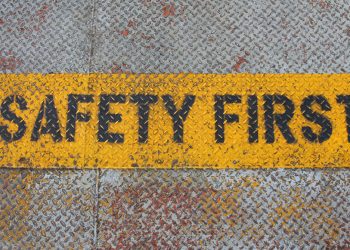Challenges faced and Lessons to be learned

Confidential Hazardous Incident Reporting Programme (CHIRP) has received a report with a number of working rosters attached concerning the fatigue implications of particular work patterns.
Report Text:
Marine pilots work a 24 hour on call shift system. This involves a number of pilots on a rolling roster for a 24 hour period which involves covering work from 0830 one day until 0830 the next day. The base station has bunk rooms, kitchen and a lounge where pilots can rest up during breaks between ships. The shift system involves working blocks of 24hrs on call with 48hrs off between work periods. A pilot does a block of 3 or 4 working daysfollowed by 4 or 7 clear days before returning to work.
Whilst we obviously get tired after midnight we do not consider ourselves to be getting dangerously fatigued due to breaks during the 24 hour period and clear nights between working days. We would be very interested to know if there is a way of backing up this assumption.
CHIRP Comment
The UK Marine Accident Investigation Branch (MAIB) in its investigation in to the collision of the general cargo vessel Orade with the Apex Beacon, River Ouse, states:
QinetiQ Centre for Human Sciences analysed the pilots working hours and concluded that he was probably not affected by fatigue at the time of the accident. However, the investigation has highlighted that, despite pilots hours being subject to the working time regulations, and despite the fact that some allowance is made for hours recently worked, when ordering a pilot for a particular job, much is left to the pilots own view on whether he is fatigued and capable of safely carrying out the required task. In the MAIBs experience, the individual is not usually the best judge of that condition, and ports should proactively manage the risks associated with pilot working hours, bearing in mind relevant legislation and guidance.
The MAIB went on to recommend that The Port Marine Safety Code Steering Group:
Develop appropriate working hours regimes for UK pilots, taking account of current regulations and advice on working hours.“
Source:CHIRP



























































